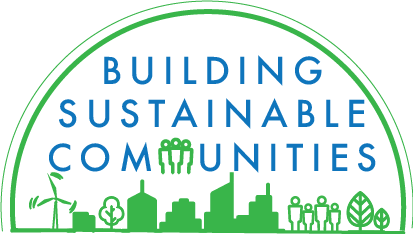A few months ago, a 7.8 magnitude earthquake in Ecuador claimed hundreds of lives, left almost 28,000 people injured, and caused $1 to 3 billion worth of damage. Most human and economic losses were directly linked to the collapse of buildings: the tremor caused the destruction of an estimated 10,000 structures, many of which were located in unsafe areas or did not meet minimum safety standards.
The tragedy in Ecuador serves as a stark reminder that, in many cases, it is not earthquakes or other disasters that kill people, but failing building structures. Therefore, improving building safety will be key in protecting communities against rising disaster and climate risk.
With over a billion dwelling units expected to be built between now and 2050, focusing on new construction will be particularly important, and will help mitigate the impact of natural disasters for generations to come.
The good news is that we have the knowledge and technology to build safe, resilient structures. But, more often than not, this knowledge is not put into practice due to insufficient or poorly-enforced regulation, as well as a lack of incentives.
In this video, Ede Ijjasz and Thomas Moullier explain why building safety will play a critical role in enhancing disaster resilience, and discuss concrete recommendations on how to get there.
If you want to learn more about this topic, we invite you to discover our latest Sustainable Communities podcast.
Related:
[[avp asset="/content/dam/videos/ecrgp/2018/jun-15/safer_buildings_will_help_us_mitigate_the_impact_of_natural_disasters_hd.flv"]]/content/dam/videos/ecrgp/2018/jun-15/safer_buildings_will_help_us_mitigate_the_impact_of_natural_disasters_hd.flv[[/avp]]
The tragedy in Ecuador serves as a stark reminder that, in many cases, it is not earthquakes or other disasters that kill people, but failing building structures. Therefore, improving building safety will be key in protecting communities against rising disaster and climate risk.
With over a billion dwelling units expected to be built between now and 2050, focusing on new construction will be particularly important, and will help mitigate the impact of natural disasters for generations to come.
The good news is that we have the knowledge and technology to build safe, resilient structures. But, more often than not, this knowledge is not put into practice due to insufficient or poorly-enforced regulation, as well as a lack of incentives.
In this video, Ede Ijjasz and Thomas Moullier explain why building safety will play a critical role in enhancing disaster resilience, and discuss concrete recommendations on how to get there.
If you want to learn more about this topic, we invite you to discover our latest Sustainable Communities podcast.
Related:
- Building Regulation for Resilience: Full report | Video | Program overview
- Retrofitting: A housing policy that saves lives
- Housing is at the center of the sustainable development agenda
[[avp asset="/content/dam/videos/ecrgp/2018/jun-15/safer_buildings_will_help_us_mitigate_the_impact_of_natural_disasters_hd.flv"]]/content/dam/videos/ecrgp/2018/jun-15/safer_buildings_will_help_us_mitigate_the_impact_of_natural_disasters_hd.flv[[/avp]]




Join the Conversation